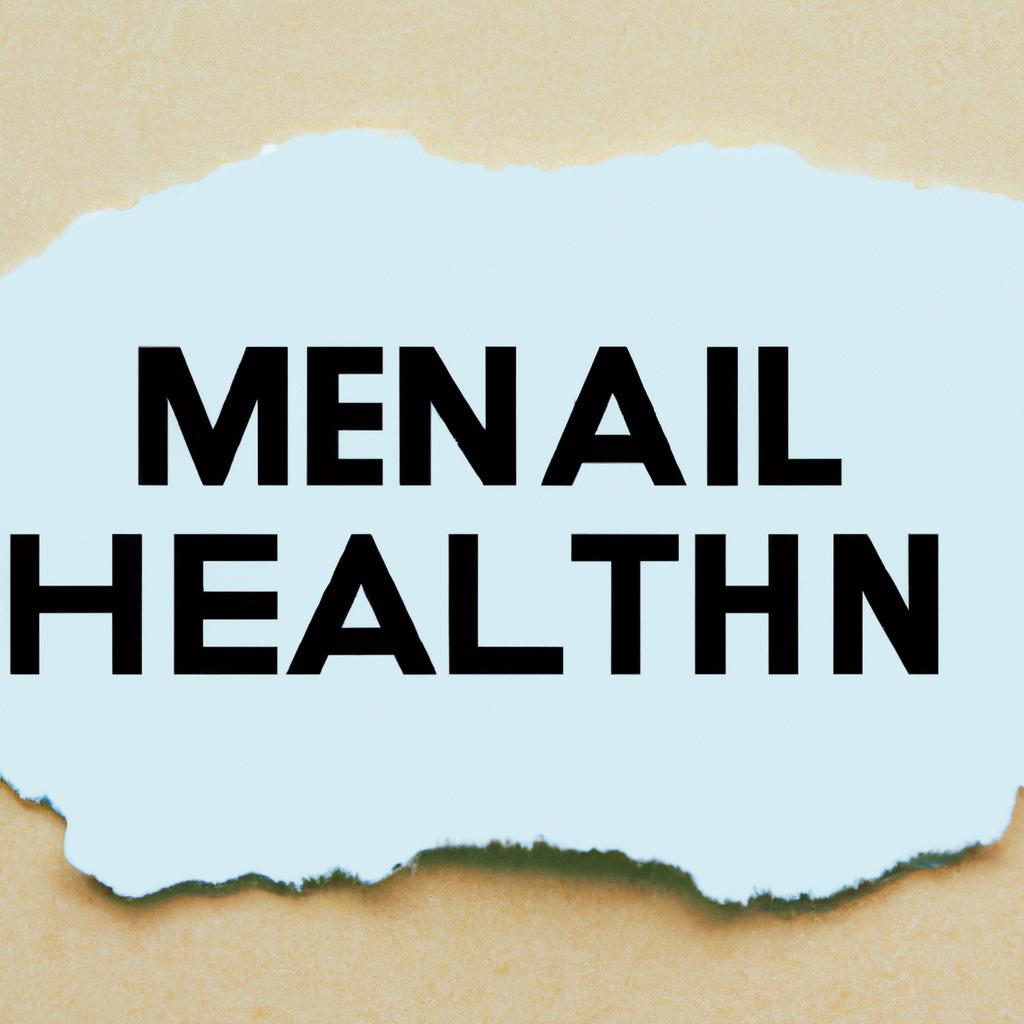The Role of Mental Health in Professional Basketball: Coping Mechanisms for Players
The Role of Mental Health in Professional Basketball: Coping Mechanisms for Players
Professional basketball demands skill, strategy, and physical conditioning. However, player mental health often receives less attention. The pressures of being a professional athlete impact mental well-being. Fan scrutiny, media demands, and performance expectations contribute to this strain. This blog explores mental health’s significance in basketball, effective coping mechanisms, and the roles of nutrition and exercise.
Understanding Mental Health in Basketball
Mental health significantly influences athlete performance, decision-making, and relationships. Players face constant pressure to perform at their best. They manage high expectations from coaches, fans, and themselves. This pressure can trigger mental health challenges like anxiety and depression.
Recently, the sports industry has acknowledged mental health’s importance. Many teams now hire sports psychologists to support players. This approach creates an environment for open discussions about mental health. It encourages players to seek help, reducing stigma and promoting wellness.
Nutrition Tips for Mental Wellness
Nutrition greatly impacts both physical and mental health. The foods players eat influence their mood, energy, and cognitive function. Here are some tailored nutrition tips for basketball players:
Focus on Whole Foods
Whole foods, such as fruits, vegetables, whole grains, and lean proteins, nourish the brain. Omega-3-rich foods like salmon and walnuts enhance brain health and mood. A varied diet helps players improve mental clarity and emotional stability.
Stay Hydrated
Hydration is essential for cognitive performance. Dehydration causes fatigue, decreased concentration, and poor decision-making. Players should drink water consistently throughout the day. Staying hydrated enhances focus and energy, allowing players to perform at their best.
Limit Processed Foods
Processed foods often contain high sugar, unhealthy fats, and additives. These can cause mood swings and lower energy levels. Athletes should minimize processed food intake and choose natural snacks like nuts, yogurt, and fruits. These options support physical health and emotional well-being.
Exercise Advice for Mental Clarity
Basketball requires physical strength, but exercise also benefits mental health. Regular physical activity can lower stress and anxiety.
Conclusion
Mental health plays a vital role in professional basketball. Prioritizing nutrition, hydration, and exercise enhances players’ overall well-being.
Below are related products to the topic if you’re interested:
FAQ
Why is mental health important for professional basketball players?
Mental health significantly influences athlete performance, decision-making, and relationships. The constant pressure to perform at their best, coupled with high expectations from coaches, fans, and themselves, can lead to mental health challenges such as anxiety and depression.
What coping mechanisms can basketball players use to support their mental health?
Effective coping mechanisms include seeking support from sports psychologists, practicing open discussions about mental health, maintaining a balanced diet rich in whole foods, staying hydrated, and engaging in regular physical activity to lower stress and anxiety.
How does nutrition affect the mental well-being of basketball players?
Nutrition greatly impacts both physical and mental health. Whole foods, hydration, and minimizing processed foods can enhance mood, energy, and cognitive function, which are essential for optimal performance on the court.















Post Comment